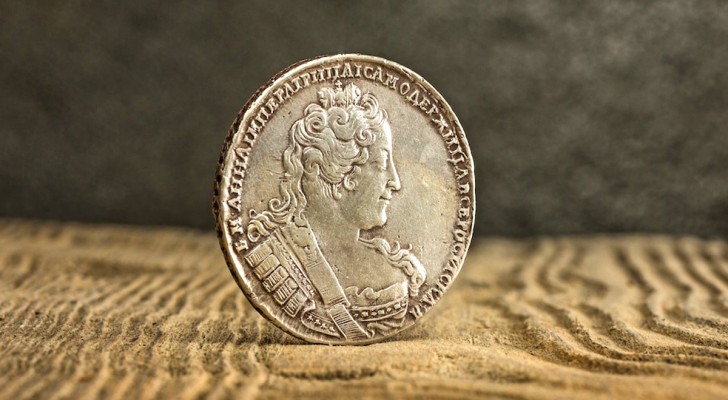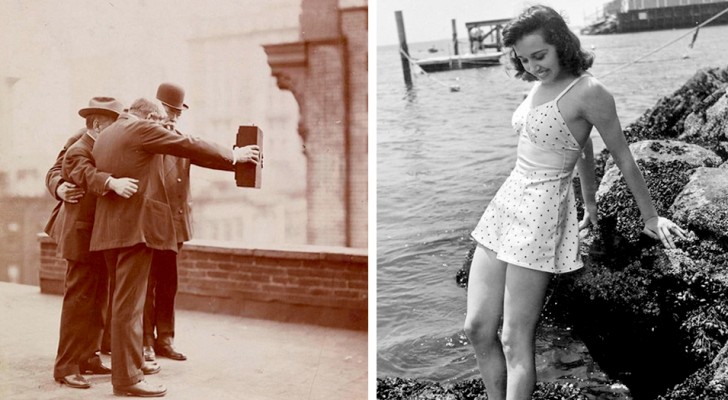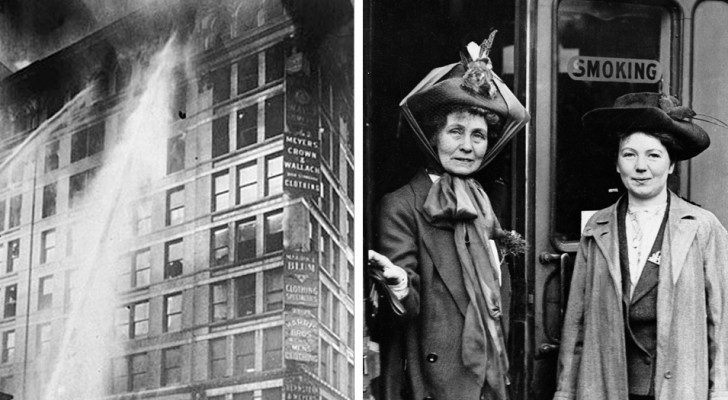10 customs widespread in antiquity that today would leave us speechless!

Looking at the way our ancestors lived, we can find ourselves surprised by the fact that they were capable of brilliant ideas that we continue to utilize today, however, in some cases, they followed some really bizarre customs!
Whether for health reasons or for purely aesthetic reasons, the habits from the distant past that we have gathered here will seem as curious and strange as they are absurd!
But let's not be judgemental ... Who knows what future generations will say about us!
Fathers could kill their daughters if they were caught having sexual relations prior to being married.
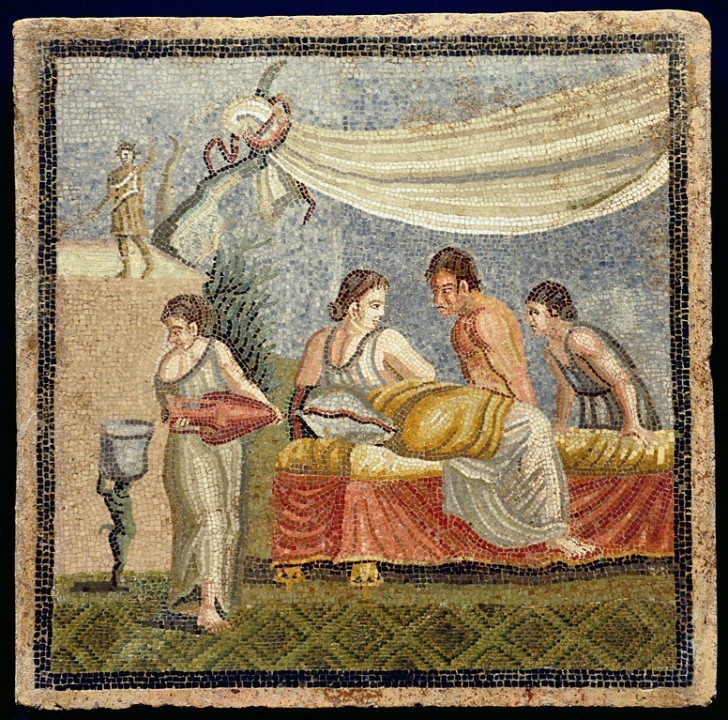
The origins of honor killings are as ancient as few others. In fact, even in ancient Rome, a father had strict control over the fate of his daughters. No woman could have sexual relationships before marriage and her husband was chosen exclusively by her father, who, moreover, had every right to kill his daughter's lover and in some cases even the daughter herself.
Women resorted to highly harmful means to dye their hair

In the past, the lack of appropriate knowledge about chemistry and the harmfulness of substances caused serious damage to the health of those who dyed their hair.
Since the time of Ancient Rome and Ancient Greece one could choose between natural or more aggressive products, but in more recent times (1700), for example, women used to immerse their hair in a corrosive substance, lye, to obtain a golden color.
Using a public toilet was actually a public matter

In ancient Rome, there were public toilets but frequenting them was a little different from what we imagine today! In fact, the individual toilets were in a common area completely devoid of partition walls or any other instrument to guarantee the privacy of those who used them. Furthermore, the physical structure of the toilet was nothing more than a perforated table under which water flowed to carry away the excrement.
In that epoch, however, privacy was a concept that was missing in many areas of life, so there is nothing to be scandalized about by such a custom!
How was a headache treated?

When medicine was still confused with magic, the causes of disorders were often attributed to demonic forces from which a person had to be freed by all means. If a person suffered from migraines, for example, it could happen that they were "treated" by "doctors" who pierced the person's head to expel the evil spirit.
Fortunately, this practice was no longer implemented with the end of the Middle Ages.
In Egypt, cat owners shaved their eyebrows when their cat died
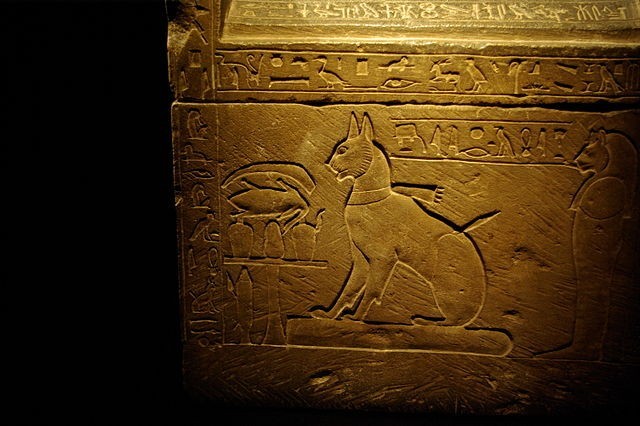
It is known that in ancient Egypt cats were revered animals (there were also gods inspired by the figure of the cat), and for this reason there was the custom, when a cat died, to honor their memory by shaving one's eyebrows and starting a long period of mourning which included the mummification of the animal and providing for its placement in the family tomb.
Determining pregnancy
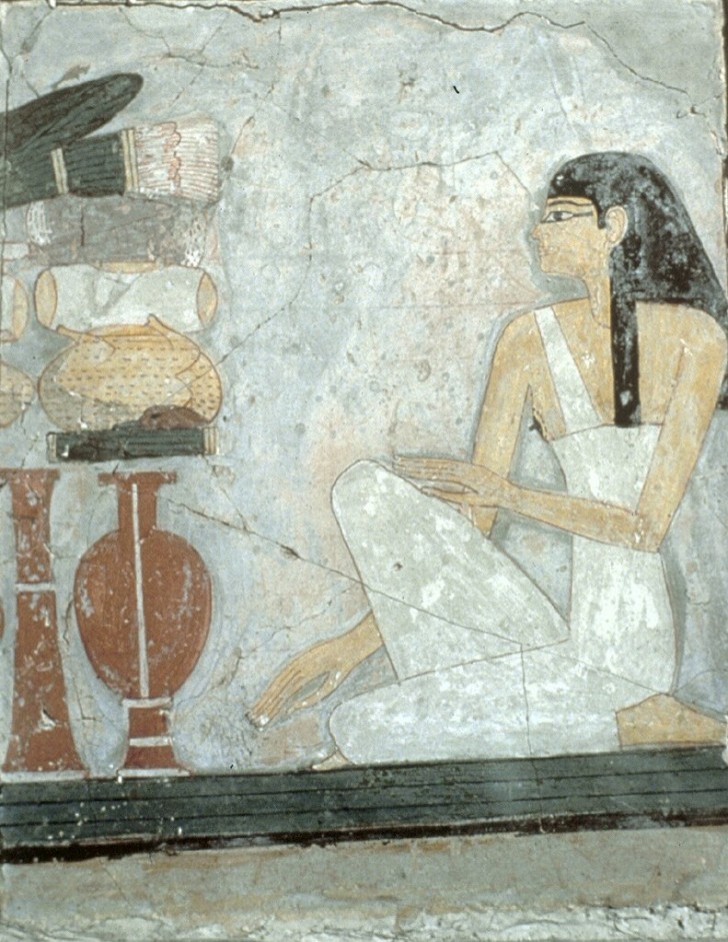
Even in ancient Egypt, there were methods to verify a woman's pregnancy, even if of dubious reliability. Those who wanted to know if they were pregnant were advised to urinate on a wheat seed and if after a few days the seed sprouted then there was a good chance that the woman was pregnant.
When a woman wanted to know if she were able to conceive children, instead, they resorted to the method of using a clove of garlic. Egyptian women inserted a clove of garlic in their vagina and a doctor evaluated the degree of fertility according to whether the morning breath of a woman smelled of garlic or not.
All the uses of animal dung

In Ancient Greece, it was believed that crocodile excrement had contraceptive action, so this substance was applied to the genital parts. In ancient Egypt, however, the dung of some animals was applied to speed up the healing of wounds. In Scottish folk tradition, sheep droppings were a cure for smallpox, while pig manure had the power to stop epistaxis (nosebleed).
Sons for rent in the Ancient Rome

In ancient Rome the power of a father was such that as long as he was alive he even had the right to sell his children as slaves, to make money. In practice, the young children were given to the purchaser who, when he had no more need of them, gave them back to their father.
This practice was not badly seen by Roman society, but a father was judged negatively if he sold his children more than three times.
The dawn of plastic surgery

Ways to try to enlarge the size of women's breasts have been thought of in the thousands but it will intrigue you to know that the first breast augmentation was performed by doctor Vincent Czerny, in 1895. The doctor found himself having to rebuild the breast of a patient following the removal of a tumor and it was then that he tested ivory, glass, and rubber implants for the first time.
Ancient funeral rituals
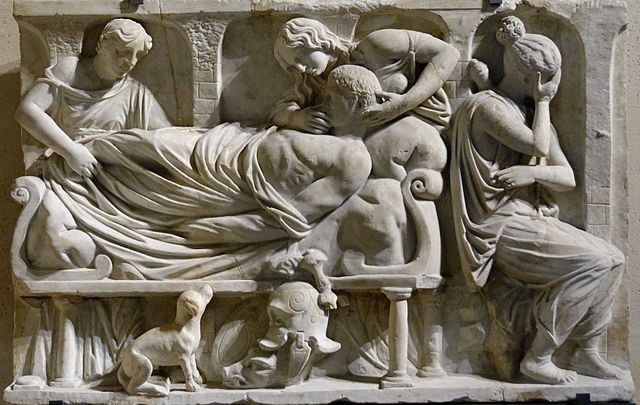
In ancient Rome, a funeral was celebrated with a long procession along the streets of the city. The importance of the deceased was understood by how many people participated in the ritual and as a rule women were positioned at the last places of the procession and left to displays of loud crying and lamentation. In fact, the relatives of the deceased often engaged complete strangers, who were paid just to cry at the funeral, so as to impress the participants and onlookers and thereby increase the importance of the deceased.
In time, this custom was banished and a quieter ceremony was preferred.
